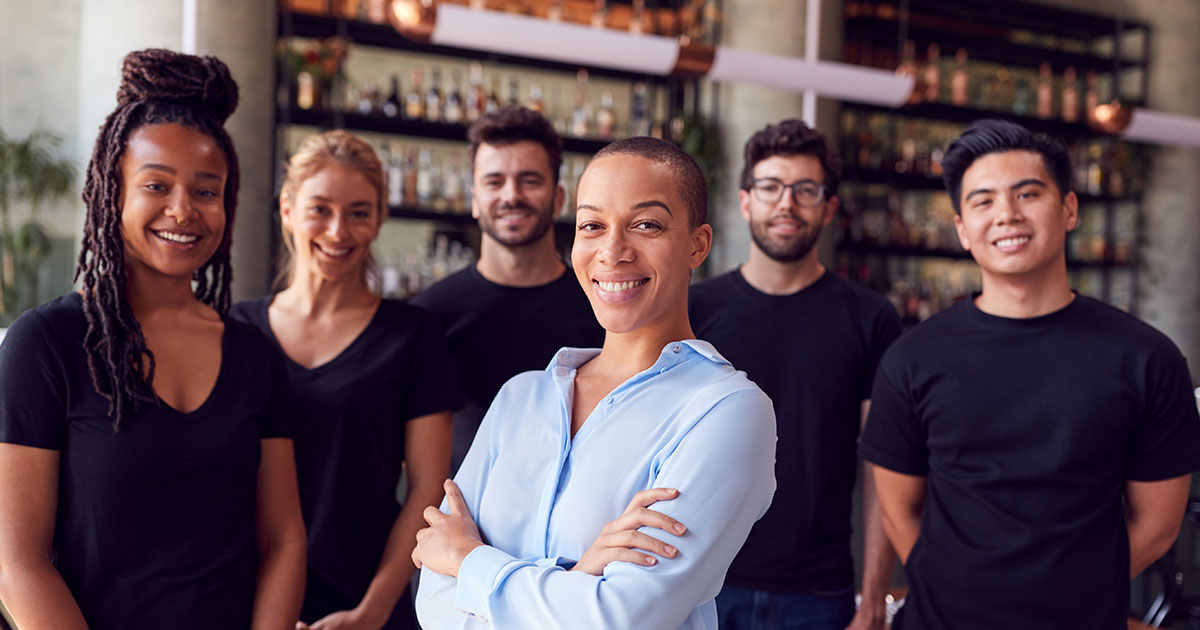For Business Acquisitions and Divestitures, Turn to Outside Help

In “Acquisition Checklist: Include Outside Professionals for Success” (InsideTrack, Jan. 14, 2022), Eric A. Johnson discussed the types of professionals that can help lawyers smooth out complicated transactions. He noted that in most acquisition settings, a lawyer’s first instinct “is to minimize the involvement of outside professionals in order to maintain the secrecy of the transaction. The more actively involved the nonlegal professionals are in any acquisition or divestiture, however, the more likely it is that the process will go more smoothly.”
Any attorney needs to meet the obligation of competence in order to assist in any business transaction. But with the aid of outside professionals, lawyers can learn about potential issues, and better assess whether they feel confident of their abilities to help the business client.
A reader posted a comment:
Reader: Eric is spot on with proactively getting “the band” together in advance of negotiating M&A terms. Rather than a “run it past legal” or “redline” approach to deal-making, have internal and external stakeholders come together with legal counsel to prepare the details of a contractual framework.
Steven Schinker
Essential Counsel LLC, Wausau
Good Advice for Women In-House Lawyers, and Others

In “What You Need to Know as a Woman In-House Lawyer” (Wisconsin Lawyer, January 2022), Talia Gaster Jarvis, an in-house lawyer herself, listed 10 things she has observed women lawyers don’t know or do as in-house counsel that their male counterparts seem to do quite well. This, she postulates, has resulted in a widening of the gap between men and women in-house counsel.
Among her observations, women generally tend not to do the following: ask directly for what they need; talk about what it is they do, why it matters, and the value they bring to the business; and forge relationships with their business-side colleagues that can create business-development skills. If women in-house counsel focus on these and the other 10 things, the author believes they will find themselves much better positioned for success.
A reader wrote in:
Reader: Wow. Few words need to be said, and perhaps you can discount my views as I am a male attorney, but Attorney Jarvis nailed it, in my humble opinion. I have not been an in-house lawyer myself, but I have dealt with countless of them for decades, and I have worked with other great women lawyers along the way. The missteps of her 10 points equal 0. Each one will help one, or many, attorneys.
I have three daughters, and I have no idea if any one of them will become a lawyer, but I’ll be putting this article in front of them. And, I must say, a good chunk of Attorney Jarvis’s advice quite frankly applies to male lawyers, too, such as, for example, seeking out a mentor.
Plaudits to the State Bar of Wisconsin for finding this Texas lawyer and her article laden with practical wisdom, which is seemingly and sadly lacking these days.
Allen M. Ratkowski
Milwaukee
We Want to Hear from You! Submit a Letter to the Editor
Wisconsin Lawyer provides a forum for members to express ideas, concerns, and opinions on law-related subjects. Send comments to wislawyer@wisbar.org (include “Letters” in the subject line), or mail to Wisconsin Lawyer “Letters,” P.O. Box 7158, Madison, WI 53707-7158. Limit to 500 words. Writing guidelines available.
Connect With Us Online. Post comments to articles
online, and find us on Facebook, Twitter, LinkedIn, Instagram, and YouTube.
Shackling Juveniles in Court

In “Judges, Defense Lawyers Join State Bar in Supporting Juvenile Shackling Petition” (InsideTrack, Dec. 15, 2021), State Bar legal writer Jeff M. Brown wrote about a rule petition filed with the Wisconsin Supreme Court to allow juveniles to be shackled only when a court finds that shackles are necessary because the juvenile presents a threat of harm, has a history of disruptive courtroom behavior, or presents a flight risk. Additionally, the court would need to find that there are no less restrictive alternatives to shackling.
Currently, in 25 Wisconsin counties, juvenile defendants are routinely shackled for court appearances as a matter of course, without any individualized determination as to the risk of flight or violence. In eight other counties, judges defer to the sheriff to determine whether a juvenile should be shackled. Five counties have adopted local court rules or practices that establish a presumption against shackling juveniles. The presumption can be overcome upon a finding made on the record that the juvenile is likely to flee or cause harm to himself, herself, or others.
The State Bar of Wisconsin’s Board of Governors voted unanimously in September 2019 to adopt a policy position against the indiscriminate shackling of juveniles. At its meeting in December 2021, the board voted by consent to support the petition.
A reader posted a comment:
Reader: How is the first appearance handled? If the court must make a finding, does that mean there will be an “indiscriminate” (a synonym for “uniform”) policy of no shackles for the first appearance?
The article stated, “A survey of officials in the five counties that have adopted rules similar to the one proposed in the petition reports few problems caused by unshackled juveniles.”
We’ve had a “few” problems with parade safety, too. Frequency is only one part of the picture. What’s more relevant is the severity of the problem when it does arise. That information would be helpful.
It would also be helpful to know the variety of charges for which the juveniles are being held. Truancy? Or car theft? Graffiti? Or assault and battery? Yes, juveniles are entitled to a presumption of innocence, but I am also inclined to give a presumption of competence to the law enforcement authorities who have investigated and brought the charges and those who are detaining the defendant. I am not persuaded that the petition is necessary or appropriate.
John Gallo
Houseman & Feind LLP, Grafton
Is “Listening” Equivalent to “Communicating”?

In “Dilemma: Is Just Listening to a Represented Person ‘Communicating’?” (InsideTrack, Dec. 15, 2021), State Bar of Wisconsin ethics counsel Timothy Pierce pondered the question: Is it a violation of the “no contact” rule if a prosecutor only listens to, but asks no questions of, a represented defendant without the consent of the defendant’s lawyer?
In the article, Pierce cited the relevant part of SCR 20:4.2 and concluded, “So, the rule does indeed prohibit ‘communication’ rather than ‘contact,’ but that does not answer the question of what it means to ‘communicate’ in violation of the rule.” The article necessarily reviews fact-intensive lawyer disciplinary actions to answer the larger question.
A reader posted a comment:
Reader: Interesting question and thoughtful analysis, Tim, but please pull the trigger on your advice. “Caution is warranted” leaves us hanging. (When isn’t it warranted?) Seems to me the rule should prevent intimidation of the party whose lawyer is absent, but also obtaining information the lawyer would protect, if present. Would a rule change help? Substitution of “interaction” for “communication”?
Richard Cayo
Halling & Cayo SC, Milwaukee
Response: I think the risk management advice is that it is a 4.2 violation because that is the weight of persuasive authority, so my advice is don’t do it. But what makes it interesting is the outlier case from Illinois. I think an ethics opinion would be more efficient than a rules change petition to the court. Perhaps we can add it to the queue of work for the ethics committee.
Timothy Pierce
State Bar ethics counsel, Madison
You Know What They Say About Making Assumptions …

In “Assumptions in Law and Mediation: A Deeper Look” (InsideTrack, Dec. 7, 2021), Lisa L. Derr wrote there are significant negative consequences from our unconscious assumptions. For one, people can internalize the negative stereotypes formed from unconscious assumptions. They might develop “imposter syndrome,” the feeling that they don’t belong. Over time, it also affects health.
She wrote, “Our clients are far more than their gender, ethnicity, or sexual orientation. Yet, we all inadvertently fail to acknowledge the whole person when we make quick assumptions.” She provided seven steps to begin changing our unconscious bias and incorrect assumptions.
A reader posted a comment:
Reader: Really honest and insightful comments! And what a great list of resources for people who are honestly interested in working on the baggage all of us are saddled with. Thanks for this generous contribution.
Hon. Richard J. Sankovitz
Resolute Systems Inc., Milwaukee
